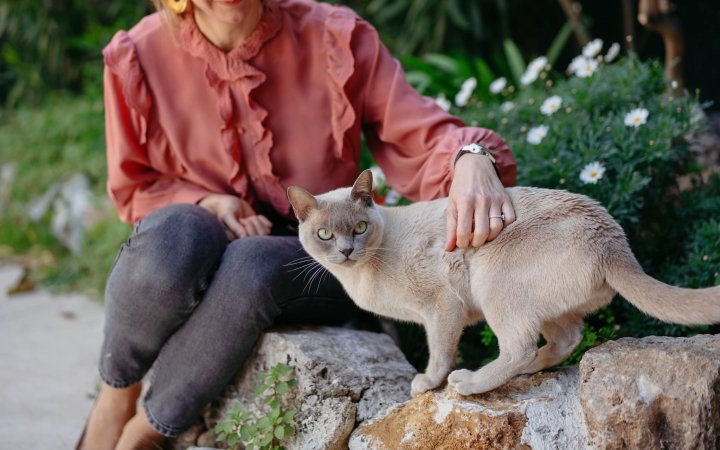

Does my pet need vaccinating?
Vaccination is very important for dogs and cats – it protects them from all sorts of nasty diseases that could make them very ill and perhaps even kill them. If your pet hasn’t been vaccinated yet, don’t worry – just make sure you talk to the vet about it soon.
Even the best trained dog in the world will sniff at things. Smell is how dogs communicate - it’s perfectly natural for them to stick their nose into everything. Unfortunately, this is what makes them so susceptible to infectious diseases. Your dog will be inevitably exposed to the risk of serious infection throughout its life – just like us humans.
A domestic cat loves nothing more than to wander – where it will meet other cats, both domestic and feral. This is the single most important reason why your cat should be vaccinated; you have no way of knowing what contagious, potentially lethal diseases your cat is being exposed to while it’s beyond your control.
Vaccination will help protect your pet from the risk of infection, providing them with immunity over a certain length of time.
The alternative is to keep your pet away from other animals on a permanent basis – which is neither practical nor desirable.
Will a vaccine protect my pet forever?
Not forever – your pet will need regular ‘booster’ vaccines to make sure they stay protected. It’s a good idea to take your pet to the vet once a year anyway for a general health check. Puppies and kittens require a course of vaccinations in their first year to stimulate an effective immunity. After this, adult dogs and cats tend to require a vaccination at least once a year. It is important to ensure your pet is kept up-to-date with their vaccinations, else they may lose their immunity and will need to restart their entire vaccine programme.
What diseases can vaccines protect against?
Vaccines can protect against some of the most common viruses and bacteria. Dogs and cats are at risk from different diseases, and so require different vaccinations. Your vet will use a combination of vaccines as the basis of providing your pet against all the major infectious disease risks in the UK.
The most common diseases in cats that can be vaccinated against include feline leukaemia (FeLV), feline calicivirus, feline rhinotracheitis and feline panleucopaenia virus.
For dogs, the main vaccinations are for distemper, hepatitis, parvovirus and leptospirosis.
There are a few additional vaccinations a cat or dog may need if you plan to take them abroad. Your vet will be able to advise whether they will need these vaccines.
How does vaccination work?
The purpose of a vaccine is to stimulate immunity against a specific disease. This means that should your pet become exposed to this disease in the future, their immune system will recognise it quickly and mount an effective, protective response.
Does it hurt?
Some pets won’t feel anything, others may feel a small pinch. But it won’t be for long, and after a bit of fuss from you, they will have forgotten all about it. You probably won’t notice any difference in their behaviour at all, and you will be assured that your pet is protected against catching some really nasty illnesses.
Taking your pet to a cattery or boarding kennel
Most reputable catteries and kennels will not accept an animal without proof of vaccination. This also applies to obedience classes, shows and puppy parties. It is important to plan ahead if you intend to take your pet to these environments, as it usually takes a week or two after vaccination for your pet to become fully immune.
Keeping a record of vaccination
Whenever you take your pet to the vet for their booster vaccination, it is important that you remember to take along their vaccination record as well. Your vet will want to see it to ensure that the correct vaccinations are being given at the appropriate time.
Will it matter if my pet misses their booster?
Yes. Vaccine doses are designed to provide the optimum protection for your pet given that it will receive a regular booster. While there is an allowance for a certain amount of ‘overlap protection’, its effectiveness reduces with time, leaving your pet at increasing risk of infection.
Your vet will send you a reminder when your pet is due for their booster.
If my pet catches a disease, will a vaccination cure it?
No. Vaccination is a preventative measure, not a cure. If your pet has had a disease, it may have acquired some degree of immunity but this cannot be relied upon. Regular vaccination will ensure your pet does not contract this disease again.